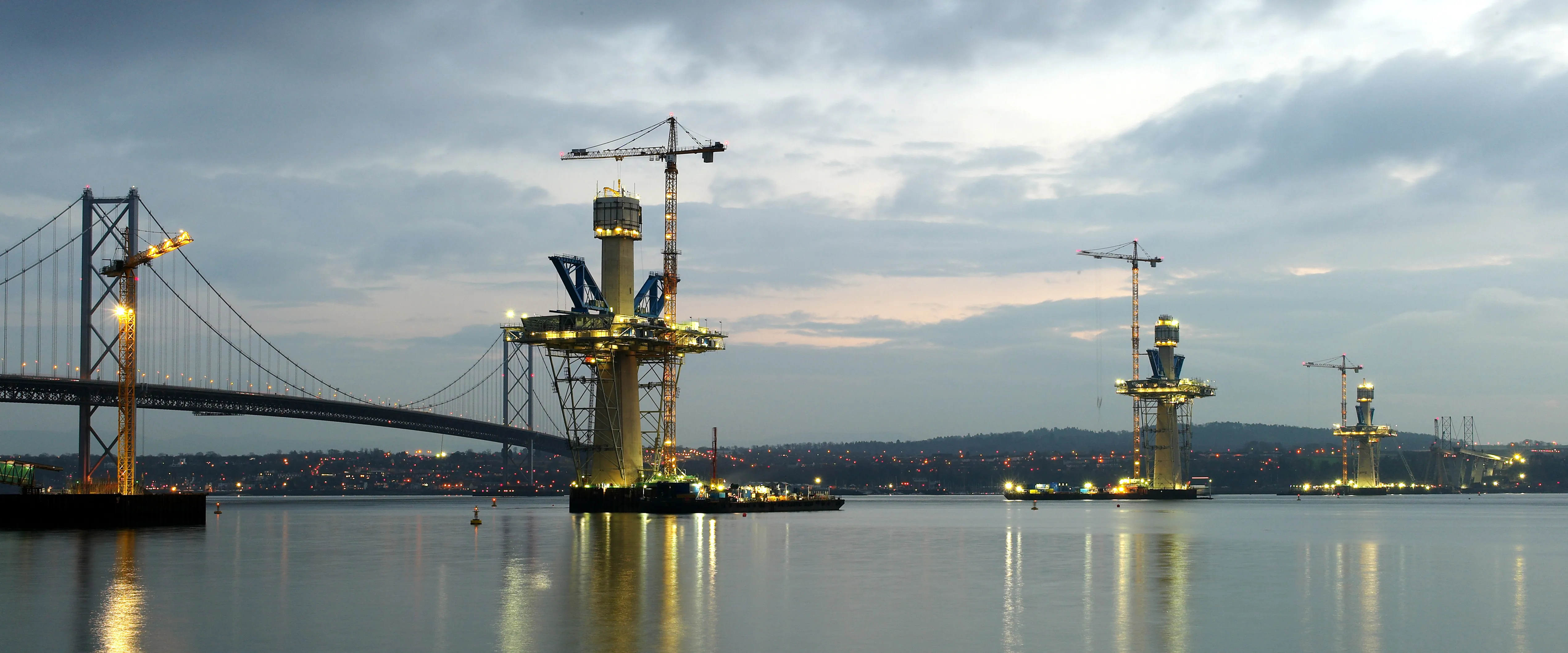The firm says that this growth was fuelled by significant gains in all three reporting regions. Group revenue for the first nine months of the year amounted to €1.42 billion, a rise of 14.3% from the previous year.
Revenue for Europe, which accounts for almost 75% of the total group figure, rose 10% in the third quarter to reach €337.6 million. Once again, the Group reported well above-average gains with wheel loaders and telehandlers for the agricultural sector. Revenue generated in this field by the Kramer and Weidemann Group brands increased 23.4% to €72.8 million. In the construction sector, the Group reported particularly strong growth in Central Europe, Italy, Spain and England. “The fact that we are also currently securing double-digit gains in challenging markets such as England shows that we are able to win customers with our innovative drive and customer-centric service,” explained Martin Lehner, CEO of Wacker Neuson SE.
Revenue in the Americas amounted to €114.9 million, which is an increase of 17.6%. Adjusted for currency effects, this corresponds to a rise of 12.7%. Business with worksite technology, including generators and light towers, developed particularly well here. In addition, the group reported a marked rise in sales of compact equipment imported from Europe. Revenue for Asia-Pacific, which is the smallest reporting region for the group, amounted to €14.7 million compared with €11.1 million for the prior-year quarter.
At €40.2 million, the Wacker Neuson Group reported a slight drop in profit before interest and tax (EBIT) relative to the third quarter of the previous year. The EBIT expressed as a percentage of revenue came to 8.6%. “In light of the current high levels of inventory and the increasingly challenging market environment, cutbacks to production programs at our plants were more extensive than originally planned. This led to a temporary drop in productivity,” continued Lehner. Furthermore, the expected increase in profitability in the US could not be realised within the planned timeline. Initial difficulties in rolling out new processes introduced as part of restructuring measures coupled with lower production output impacted developments here. The situation was further compounded by an unfavourable product and customer mix.
Continued pressure on cash flow
Free cash flow for the first nine months of the year amounted to EUR -202.7 million and was thus clearly negative (9M/18: EUR 8.8 million). This is primarily attributable to the increase in net working capital. A rise in inventory relative to the end of 2018 coupled with an increase in trade receivables had a particularly strong impact here. Consequently, the Executive Board has stepped up measures to rapidly streamline inventory levels. Efforts here primarily focus on further cutbacks to production programs by the end of the year. In addition to this, the Group aims to intensify its collaboration with external financing partners to support financing solutions for dealers. In contrast to inventories and trade receivables, trade payables decreased markedly as demand for materials from suppliers dropped. This also had a negative impact on the development of net working capital.
Guidance for the full year adjusted
The Executive Board has adjusted its guidance for 2019 in light of the recent drop in profitability, further cutbacks to production programs to support inventory streamlining and delays in realizing the expected increase in profitability in the US. Whereas revenue is set at the upper end of the projected range of EUR 1,775 and EUR 1,850 million (previously: the upper half of this range), the EBIT margin is now set between 8.3 and 8.8 percent (previously: between 9.5 and 10.2 percent). At the close of the year, the Executive Board expects net working capital expressed as a percentage of revenue to be significantly higher than the prior year (previously: slightly higher than the prior year). Investments for the full year are forecast at around EUR 90 million (previously: around EUR 100 million).








